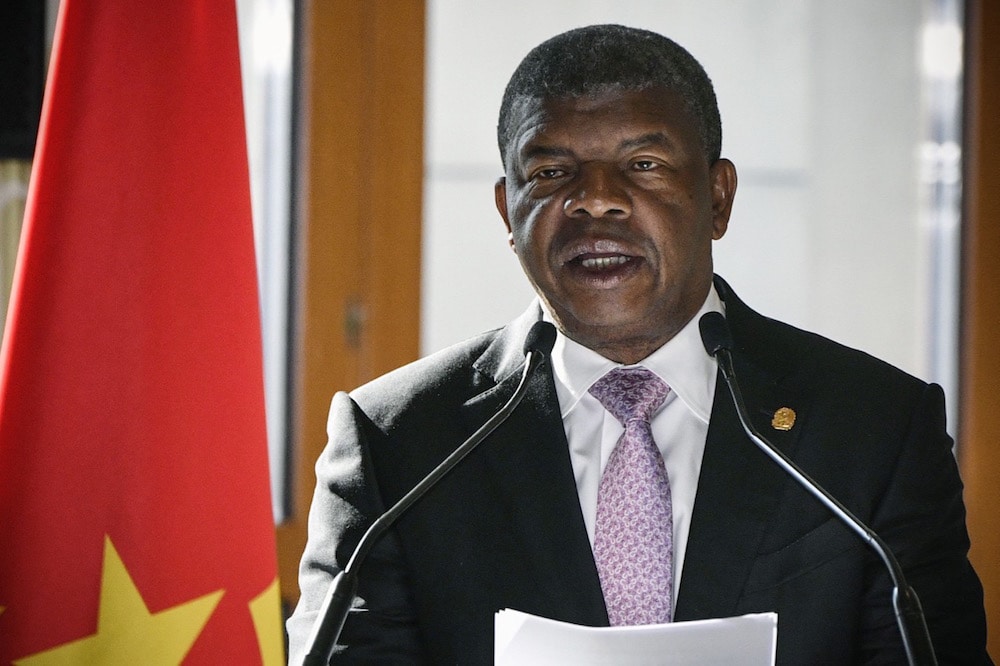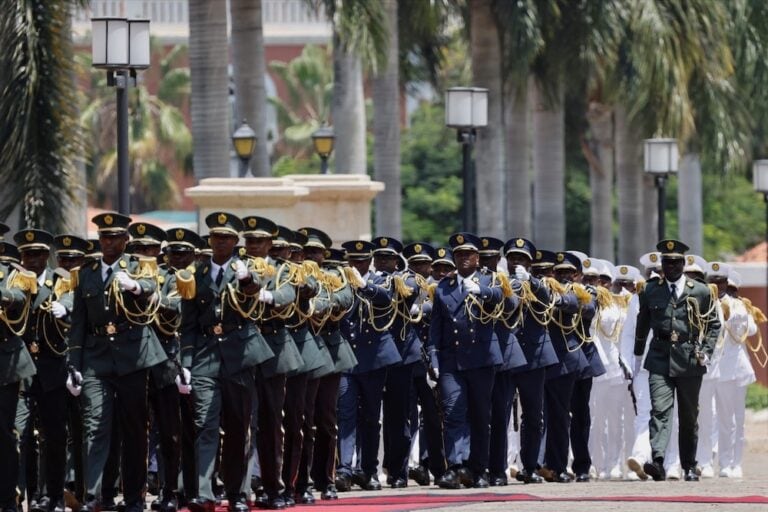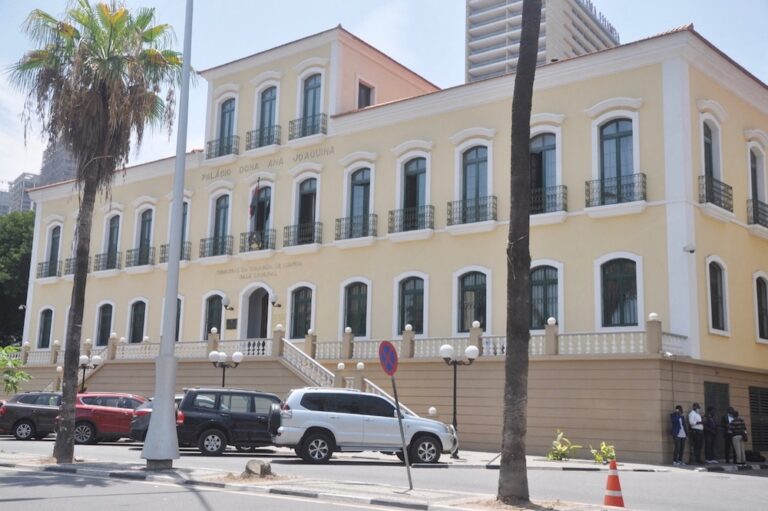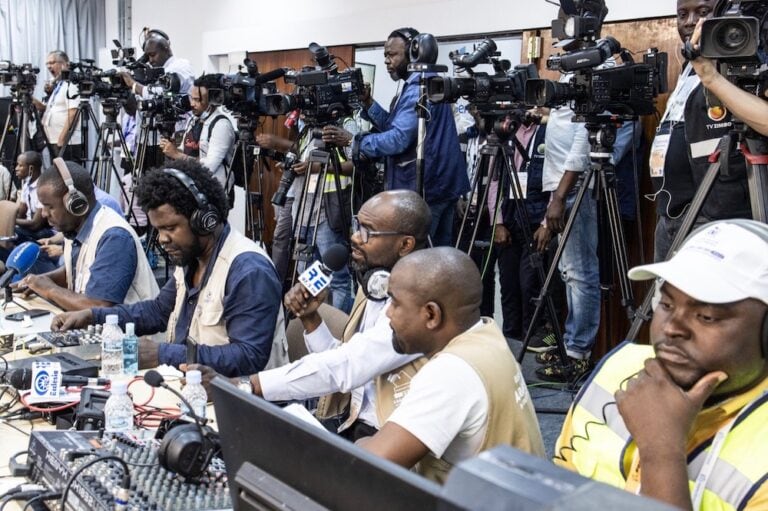If convicted of insulting Angolan President João Lourenço, the editor of "O Crime", Mariano Brás could face up to 3 years in prison.
This statement was originally published on cpj.org on 4 March 2021.
Angolan authorities should stop harassing editor Mariano Brás, drop any charges against him, and allow the press to cover the country’s president without fear of legal harassment, the Committee to Protect Journalists said today.
On February 12, officers with the organized crime division of Angola’s Criminal Investigation Service questioned Brás, editor of the independent O Crime weekly newspaper, for about three hours over a December article criticizing President João Lourenço, according to the journalist, who spoke to CPJ in a phone interview, media reports, and a copy of the February 9 summons for questioning sent to the journalist, which CPJ reviewed.
The officers said they were questioning him in response to a complaint, which they initially said was filed by the president himself, but later declined to specify who had filed it, saying it could have been any person or institution because the report was public, Brás said.
Salvador Freire, Brás’ lawyer, told CPJ by phone that the summons stated that a criminal case had been opened, but did not specify whether any charges had been filed. Freire added that he was not given access to the case docket for details about the complaint. Freire told CPJ that his client could potentially be charged with offending state authority, insult, or defamation, and that the prosecutor “seemed to be studying the exact accusation to throw at my client.”
“Angolan authorities should immediately drop their investigation into journalist Mariano Brás for his reporting on President João Lourenço and drop any charges against him,” said Angela Quintal, CPJ’s Africa program coordinator, in New York. “President Lourenço should set the example by showing that, as a public official, he is not above scrutiny by the press. A good place to start would be to repeal Angola’s criminal defamation and insult laws, which are a violation of the right to freedom of speech.”
Brás said he felt intimidated during the questioning, in which officers asked about his home and his private life, and added that he believed the goal was to shutter his newspaper.
In the December 26 edition of O Crime, which CPJ reviewed, the newspaper awarded the title of “worst figure of 2020: demagogue and hypocrite” to President Lourenço, and said he had failed to deliver on his electoral promises.
Freire told CPJ, “We don’t know [what the charges are] and we have to wait until they decide to give us access to the process,” adding, “we only know such a process exists because the summons mentions it and its file number.”
If charged and convicted of criminal insult, Brás could face up to two months in jail; if convicted of defamation, he could face up to six months in jail; and if convicted of offending the state, a national security charge, he could face up to three years imprisonment and a fine set at the discretion of a judge, according to the applicable articles of the country’s penal code and lawyer and criminal law expert Manuel Pinheiro, who spoke to CPJ in a phone interview.
In a phone call with CPJ, the director of the Criminal Investigation Service, Arnaldo Carlos, declined to comment on the investigation or confirm the details of the complaint against Brás. The presidency’s spokesperson, Luis Fernando, did not reply to a text via messaging app or answer numerous phone calls from CPJ.
Brás already faces a criminal defamation charge relating to his coverage of Minister of State for Social Affairs Carolina Cerqueira, who lodged a complaint against him last year, which is still under investigation, according to media reports.
In 2018, Brás, whose full name is Mariano Brás Lourenco, and Maka Angola editor Rafael Marques de Morais were found not guilty on charges of insulting the state, according to media reports and CPJ reporting from the time.



